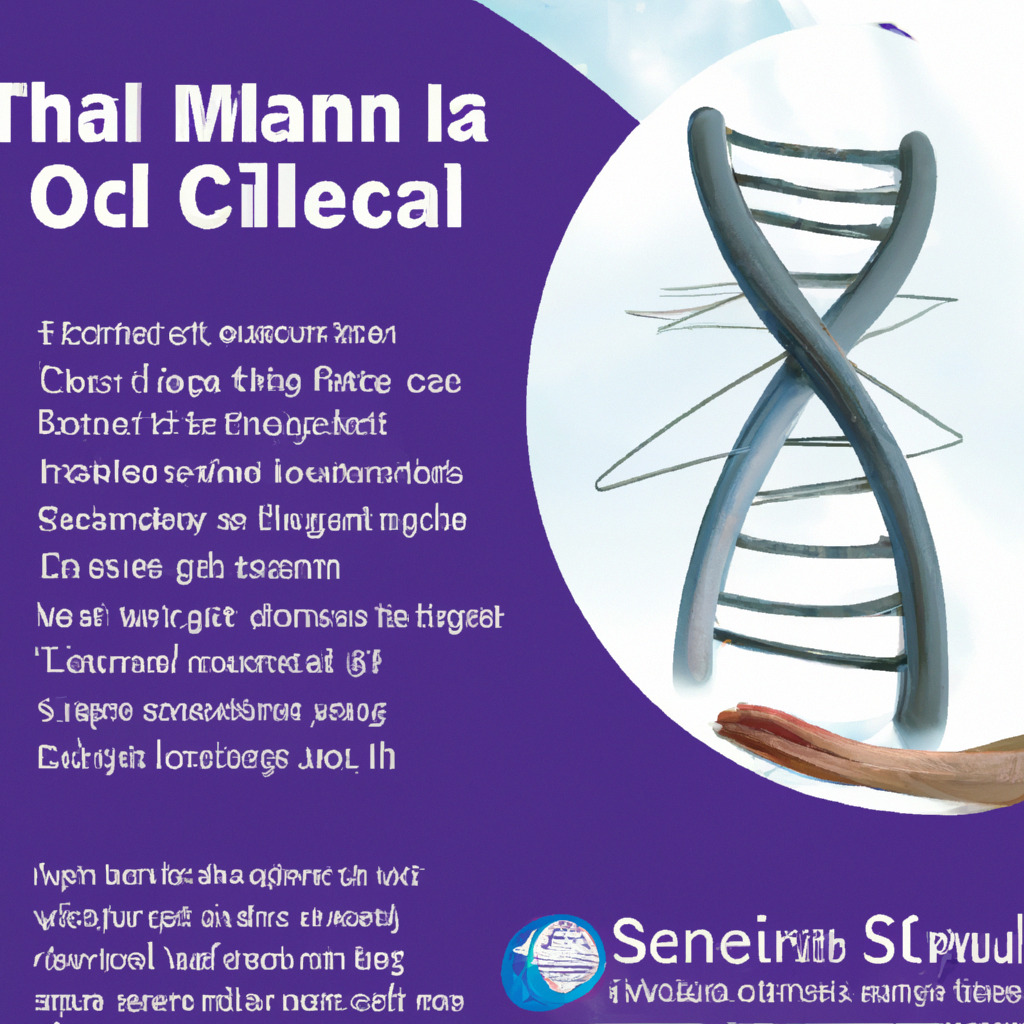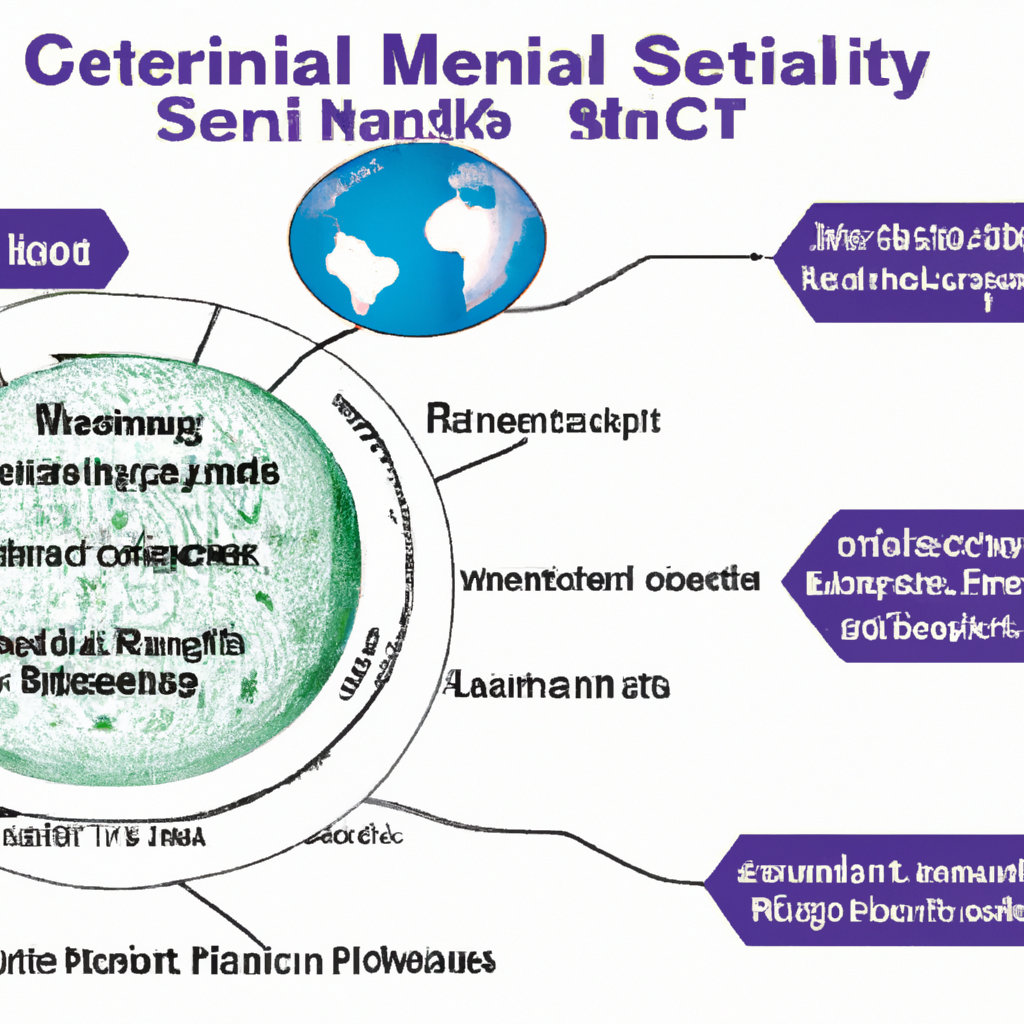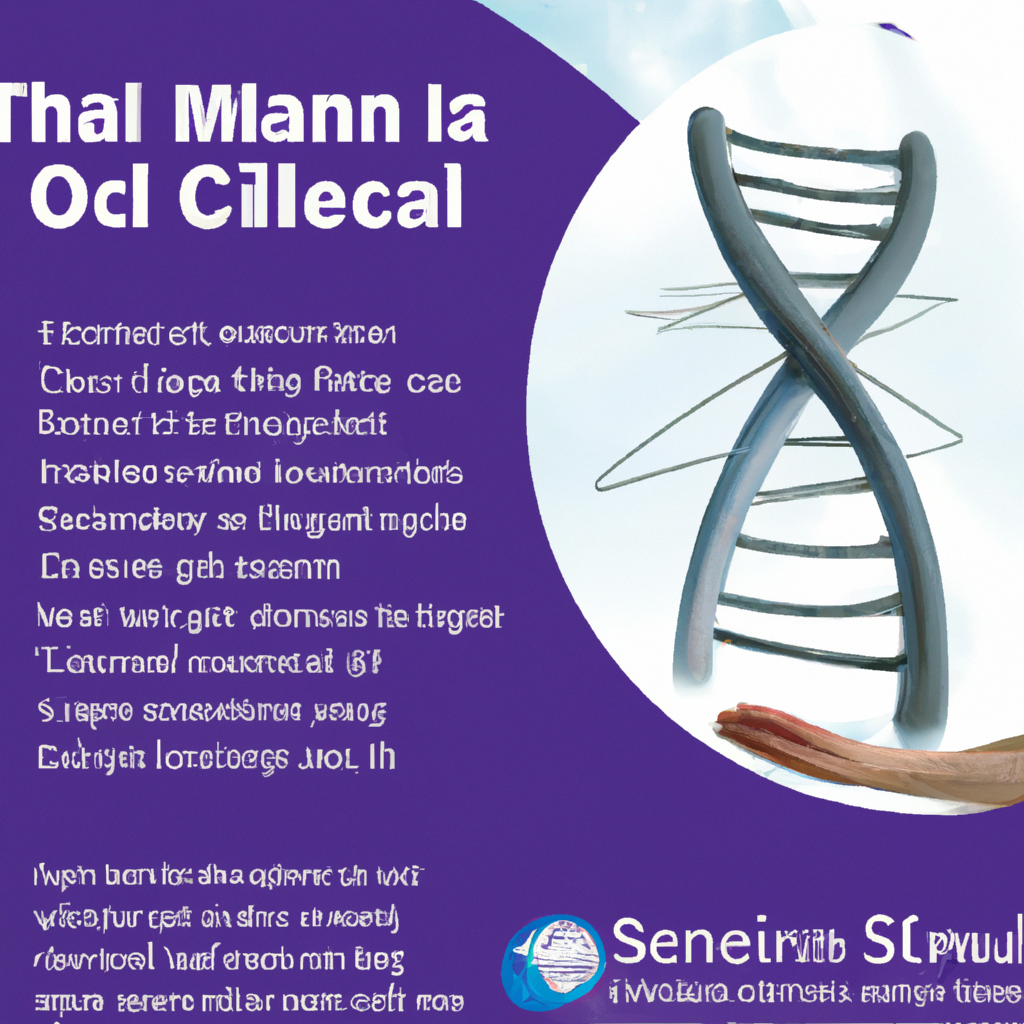If you’ve ever wondered about the ethical considerations surrounding stem cell research in Malaysia, then this article is for you! Stem cell research holds immense potential for medical advancements and treating various diseases. However, it is crucial to understand the ethical implications associated with this field of research. In Malaysia, there are significant discussions and debates surrounding the ethical considerations in stem cell research. In this article, we will explore these considerations and delve into the ethical landscape of stem cell research in Malaysia. So, grab a cup of coffee, sit back, and let’s embark on a journey to understand the fascinating world of ethical considerations in stem cell research in Malaysia.
Ethical Considerations in Stem Cell Research in Malaysia
Introduction
Stem cell research holds great promise in the field of medicine, offering potential treatments for various diseases and injuries. However, the ethical considerations surrounding this research are of utmost importance. In Malaysia, as in many other countries, there are regulatory frameworks in place to address these ethical concerns. This article aims to explore the ethical considerations in stem cell research in Malaysia, highlighting the importance of informed consent, the acquisition and use of human tissue and embryos, the controversy surrounding embryonic stem cells, ownership and intellectual property, stem cell tourism and commercialization, the potential for exploitation, collaboration and international standards, ethical oversight and governance, as well as public perception and engagement.
The Definition and Potential of Stem Cell Research
Stem cells are undifferentiated cells that have the ability to differentiate into specialized cell types and regenerate damaged tissues. They have the potential to revolutionize medical treatments and offer hope to patients with conditions such as spinal cord injuries, heart disease, and diabetes, among others. Stem cell research involves the study of these cells and their applications in medicine. It aims to understand their characteristics, manipulate them to develop targeted therapies, and ultimately pave the way for regenerative medicine.

The Importance of Ethical Considerations
Ethical considerations are crucial in stem cell research to ensure that the rights and welfare of individuals involved are respected and protected. Researchers must adhere to ethical guidelines, both in the acquisition and use of stem cells, as well as in the subsequent research and clinical applications. By upholding ethical principles, researchers promote public trust, maintain integrity, and prioritize the overall well-being of patients and participants.
Regulatory Framework for Stem Cell Research in Malaysia
In Malaysia, the Ministry of Health is responsible for regulating stem cell research and ensuring compliance with ethical standards. The National Council for Scientific Research and Development oversees the application of stem cell research in the country, while the National Stem Cell Committee provides guidance and recommendations. These regulatory bodies work together to safeguard ethical considerations and promote responsible research practices in Malaysia.

1. Informed Consent
1.1 Definition and Importance
Informed consent is a fundamental ethical principle in research that requires individuals to make autonomous decisions based on adequate information. In the context of stem cell research, informed consent is essential to ensure that participants understand the purpose, risks, and potential benefits of the research. It allows individuals to exercise their right to make decisions about their involvement in the research process.
1.2 Challenges in Obtaining Informed Consent
Obtaining informed consent in stem cell research can be challenging due to the complexity of the science involved. Stem cell research often involves complex terminology and technical concepts that may be difficult for individuals without a scientific background to comprehend fully. Additionally, researchers must take into account the emotional and psychological implications of participating in research, as individuals may have high hopes and expectations for potential treatments.
1.3 Ensuring Voluntary and Informed Consent
To ensure voluntary and informed consent in stem cell research, researchers must communicate information in a clear and understandable manner. They should avoid jargon and provide individuals with ample time and opportunity to ask questions and seek clarification. It is crucial that individuals fully understand the potential risks, benefits, and alternatives before making an informed decision about their participation in the research.
2. Human Tissue and Embryos
2.1 Sourcing of Human Tissue and Embryos
The acquisition of human tissue and embryos for stem cell research raises ethical concerns regarding their source and how they are obtained. In Malaysia, guidelines are in place to ensure that human tissue and embryos used in research are obtained ethically. This includes obtaining proper consent from donors, ensuring confidentiality and privacy, and complying with relevant laws and regulations.
2.2 Ensuring Ethical Acquisition and Use
To address ethical considerations in the acquisition and use of human tissue and embryos, researchers must adhere to strict guidelines and obtain the necessary approvals from ethical review committees. These committees assess the ethical implications of research protocols and ensure that the acquisition and use of human tissue and embryos are conducted ethically and in accordance with legal requirements.

3. Controversy around Embryonic Stem Cells
3.1 Ethical Concerns
Embryonic stem cells have great potential in regenerative medicine but their use raises ethical concerns due to the destruction of embryos in the process. In Malaysia, the use of embryonic stem cells in research is regulated by the National Stem Cell Guidelines, which outline the conditions under which it is permissible. These guidelines aim to strike a balance between the potential benefits of research and the moral concerns surrounding the use of embryos.
3.2 Alternatives to Embryonic Stem Cells
To address ethical concerns surrounding the use of embryonic stem cells, researchers have explored alternative sources of stem cells. These include adult stem cells, induced pluripotent stem cells, and umbilical cord blood stem cells. These alternative sources offer the potential for research and therapies without the ethical dilemma associated with the use of embryonic stem cells.
4. Ownership and Intellectual Property
4.1 Balancing Access and Profit
Ownership and intellectual property rights in stem cell research raise ethical considerations related to access and affordability of therapies. While researchers and institutions have a desire to protect their discoveries and investments, it is essential to strike a balance between promoting research and ensuring that therapies derived from stem cells are accessible to those in need. Efforts to maintain a fair and equitable distribution of benefits should be prioritized.
4.2 Ensuring Fair Distribution of Benefits
To ensure a fair distribution of benefits in stem cell research, intellectual property rights should be managed responsibly. Researchers and institutions should consider licensing agreements that allow for affordable access to therapies and foster collaboration with developing countries. Additionally, efforts should be made to prioritize the development of therapies that target prevalent and neglected diseases, benefiting a wide range of individuals.

5. Stem Cell Tourism and Commercialization
5.1 Risks and Ethical Concerns
Stem cell tourism, the practice of seeking unproven stem cell treatments abroad, poses various risks and ethical concerns. Individuals may be lured by promises of miracle cures without adequate evidence or safety precautions. This can result in financial exploitation, false hope, and potential harm to patients. It is essential to regulate stem cell clinics and services to protect individuals from unethical practices.
5.2 Regulating Stem Cell Clinics and Services
To address the risks and ethical concerns associated with stem cell tourism and commercialization, regulatory frameworks should be established and enforced. These frameworks should require stem cell clinics and services to provide evidence-based treatments, adhere to ethical guidelines, and disclose risks and potential benefits to patients. Authorities should monitor and enforce compliance to protect the well-being of individuals seeking stem cell therapies.
6. Potential for Exploitation
6.1 Vulnerable Populations
The potential for exploitation in stem cell research exists, particularly among vulnerable populations. It is crucial to ensure that research involving these populations is conducted ethically and with the utmost respect for their rights and welfare. Special considerations should be given to populations such as prisoners, children, and individuals with cognitive impairments to protect them from harm and coercion.
6.2 Ensuring Ethical Research Practices
To mitigate the potential for exploitation, ethical research practices must be followed. Research involving vulnerable populations should be subject to rigorous ethical review, ensuring that risks are minimized, benefits are maximized, and informed consent is obtained from individuals who have the capacity to provide it. Researchers should also demonstrate the expertise and capacity to provide appropriate care and support to participants.

7. Collaboration and International Standards
7.1 Promoting Ethical Research Collaboration
Collaboration between researchers and institutions is essential in advancing stem cell research. By fostering ethical research collaboration, knowledge and resources can be shared, promoting best practices and enhancing research outcomes. International collaborations can also facilitate the sharing of expertise, enabling researchers in Malaysia to benefit from global advancements while contributing to the global body of knowledge.
7.2 Benchmarking with International Standards
To ensure ethical practices in stem cell research, it is important to benchmark against international standards and guidelines. By aligning with established ethical frameworks, Malaysia can contribute to building a global consensus on the responsible conduct of stem cell research. This promotes transparency, credibility, and the harmonization of ethical standards across borders.
8. Ethical Oversight and Governance
8.1 Role of Ethical Review Committees
Ethical review committees play a crucial role in ensuring the ethical conduct of stem cell research. These committees review research protocols, assess the potential risks and benefits, and evaluate whether the research meets ethical standards. Their oversight helps protect the rights and welfare of participants, ensuring that research is conducted responsibly and ethically.
8.2 Ensuring Transparency and Accountability
To maintain transparency and accountability, it is important to ensure that ethical oversight and governance mechanisms are robust. Research institutions and regulatory bodies should establish clear procedures for ethics review, provide opportunities for public input and scrutiny, and enforce compliance with ethical guidelines. These measures help build trust in the research community and provide assurance to the public that stem cell research in Malaysia is conducted ethically.
9. Public Perception and Engagement
9.1 Educating the Public
Public perception and understanding of stem cell research play a significant role in shaping ethical considerations. It is important to educate the public about the science behind stem cells, the potential benefits, and the ethical dilemmas involved. Providing accurate and accessible information empowers individuals to make informed decisions and fosters a supportive environment for stem cell research.
9.2 Fostering Dialogue and Inclusion
Engaging the public in discussions about stem cell research fosters dialogue and inclusion. By involving diverse stakeholders, including patients, religious leaders, policymakers, and community representatives, a broader range of perspectives can be considered. This inclusivity promotes transparency, ensures that ethical concerns are addressed, and helps shape policies and regulations that reflect the values and needs of the Malaysian society.
Conclusion
Ethical considerations are critical in stem cell research in Malaysia to protect the rights and welfare of individuals involved, maintain public trust, and ensure responsible research practices. The regulatory framework in Malaysia addresses various ethical concerns, including informed consent, the acquisition and use of human tissue and embryos, the controversy surrounding embryonic stem cells, ownership and intellectual property, stem cell tourism and commercialization, the potential for exploitation, collaboration and international standards, ethical oversight and governance, as well as public perception and engagement. By upholding ethical standards, Malaysia can continue to contribute to the advancement of stem cell research while prioritizing the well-being of individuals and promoting the overall betterment of society.

